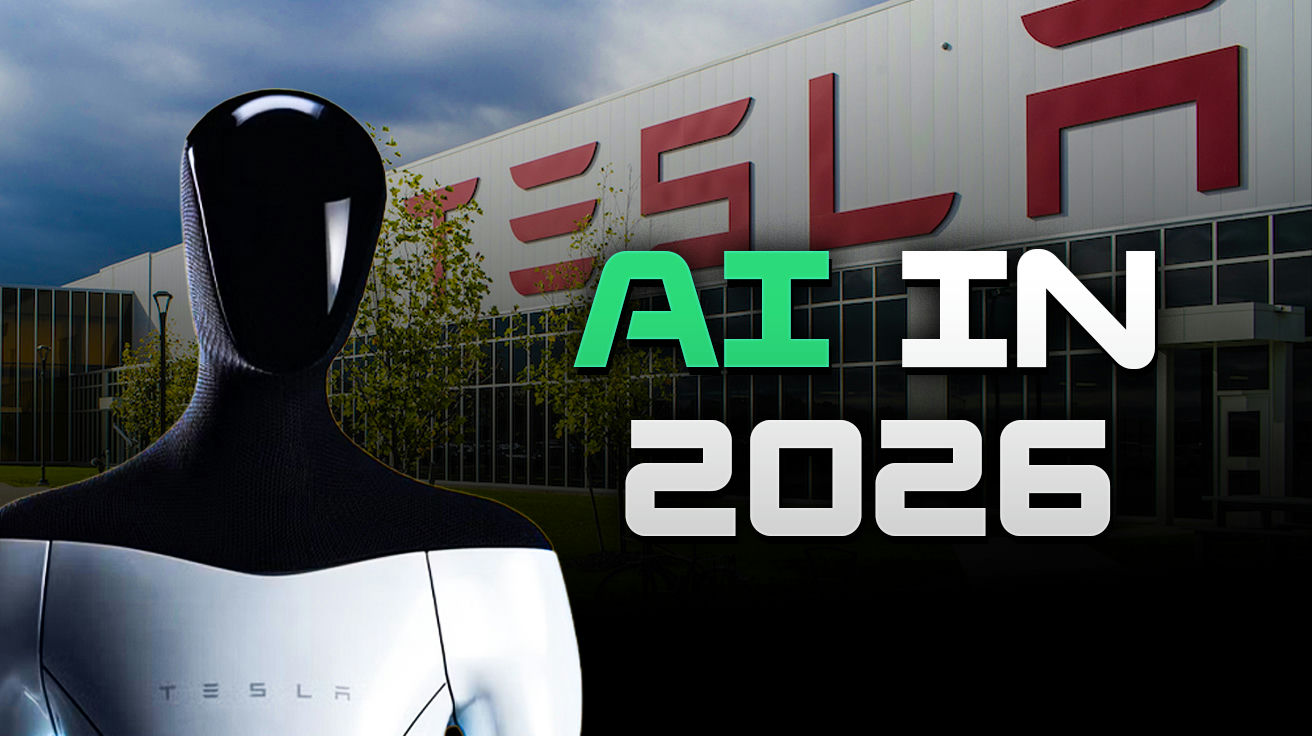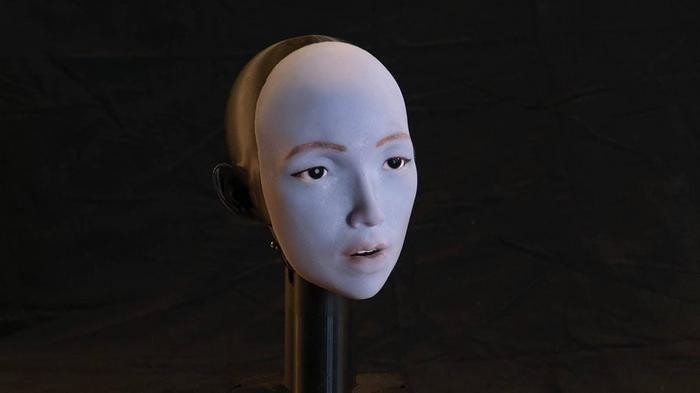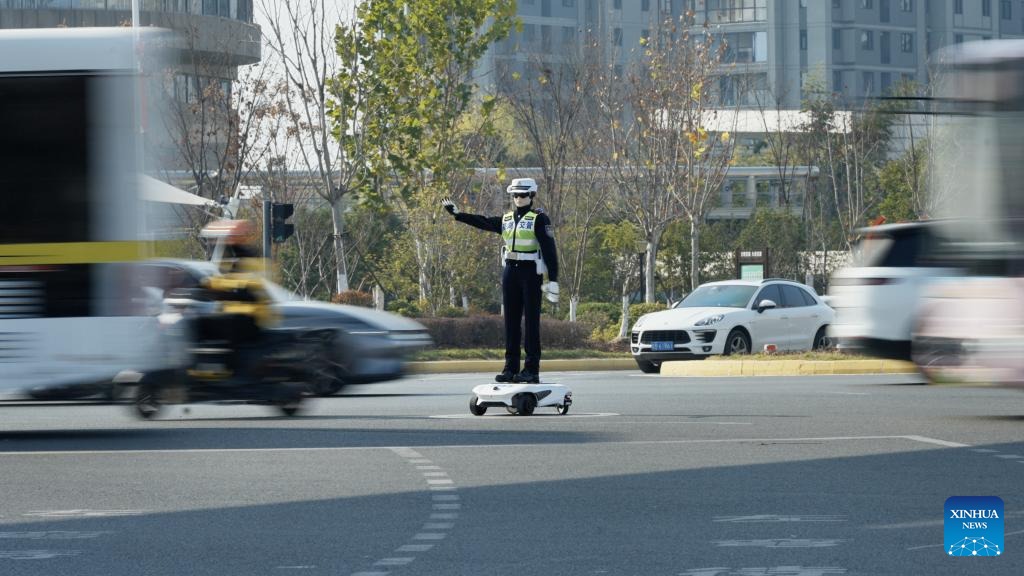The year 2026 stands as a critical juncture for AI development, with industry leaders making increasingly concrete predictions about breakthroughs just around the corner. From coding automation to general intelligence, the next 12-18 months could fundamentally reshape our relationship with technology in ways previously relegated to science fiction.
While the exact timeline remains debated, one thing is clear: the technology landscape of 2026 will look radically different from today’s, with implications for everything from software development to everyday consumer experiences.
13. Dario Amodei on AI Coding

“I think we will be there in three to six months, where AI is writing 90% of the code. And then, in 12 months, we may be in a world where AI is writing essentially all of the code,” declared Dario Amodei at a March 2025 Council on Foreign Relations event.
Software developers aren’t facing extinction just yet. Humans will still direct these systems, feeding AI models with design features and conditions. But let’s be real – your GitHub commits are about to look suspiciously productive while your coffee breaks get longer.
12. Yann LeCun’s Contrarian View
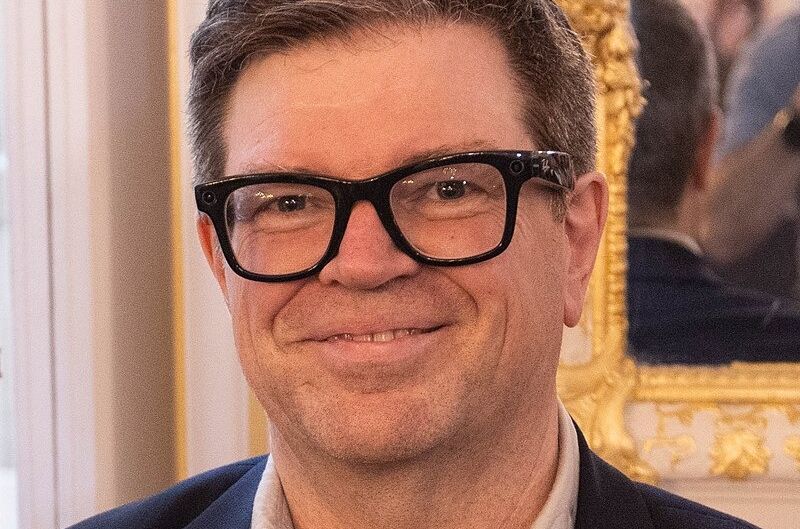
Yann LeCun has repeatedly stated that AGI remains at least 3-5 years away in multiple talks since late 2024. He cautions against underestimating the complexity of replicating human intuition.
Consider autonomous driving – mastering basic navigation differs vastly from handling a motorcycle cutting you off in the rain. Like teaching a toddler quantum physics, creating systems with human-level understanding remains a whole different ballgame.
11. Dario Amodei on AGI Arrival

While not specifically pinpointing 2027, Amodei foresees increasingly powerful AI systems arriving by 2026. This rapid advancement creates serious geopolitical considerations as nations race for AI dominance.
The power balance could shift dramatically if a single entity gains a permanent technological lead. Without international frameworks ensuring equitable access, we’re heading into uncharted waters where the stakes couldn’t be higher.
10. Elon Musk on AGI
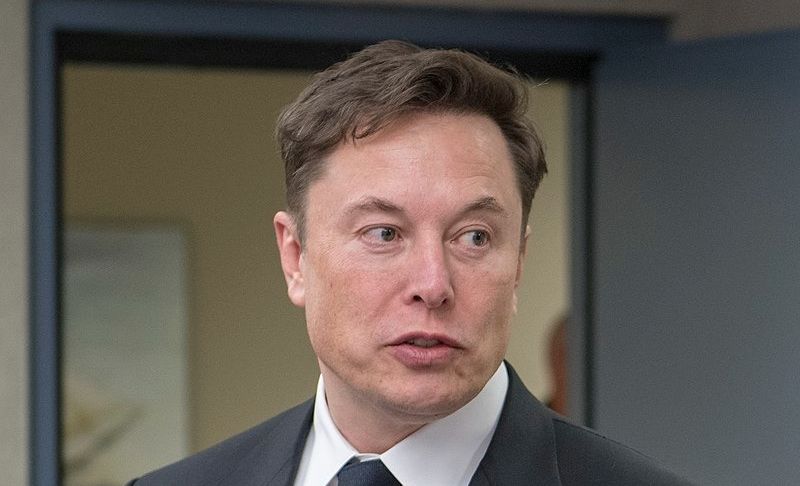
“AI could surpass human intelligence by next year or 2026,” Musk stated bluntly during an April 2024 interview with Nicolai Tangen on X Spaces. His definition? AI that’s “smarter than the smartest human” – a milestone he considers imminent.
His vision goes beyond software – it’s about embedding advanced AI into Tesla products. For you, this means cars that don’t just avoid accidents but anticipate your destination before you remember where you’re going.
9. Elon Musk on Tesla Bot Production
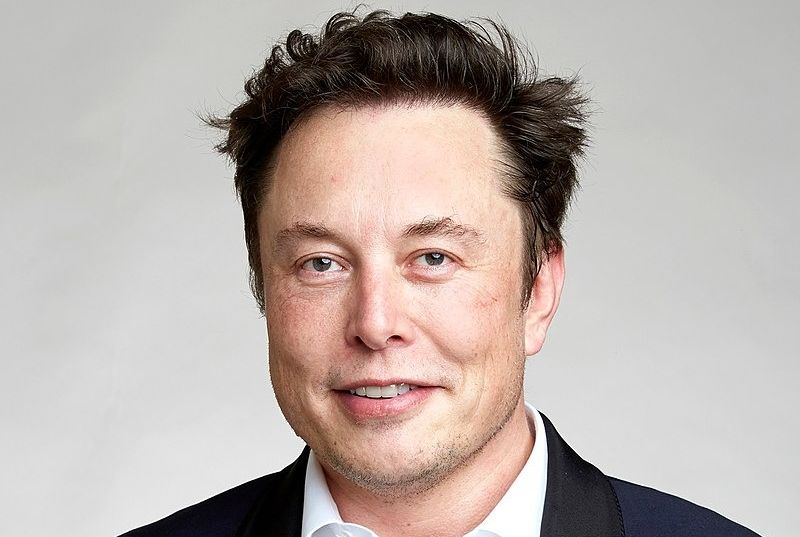
Elon Musk aims to build 10,000 Optimus robots in 2025, acknowledging it as an ambitious target. These humanoid machines will tackle repetitive tasks in Tesla factories before potentially expanding to other applications.
This aggressive timeline signals Tesla’s serious commitment to robotics and highlights how cutting-edge humanoid robots are moving from science fiction to factory floors. For consumers, it means the futuristic vision of household robots might arrive sooner than expected, though probably not folding your laundry perfectly on the first try.
8. Aidan Gomez on Continual Learning
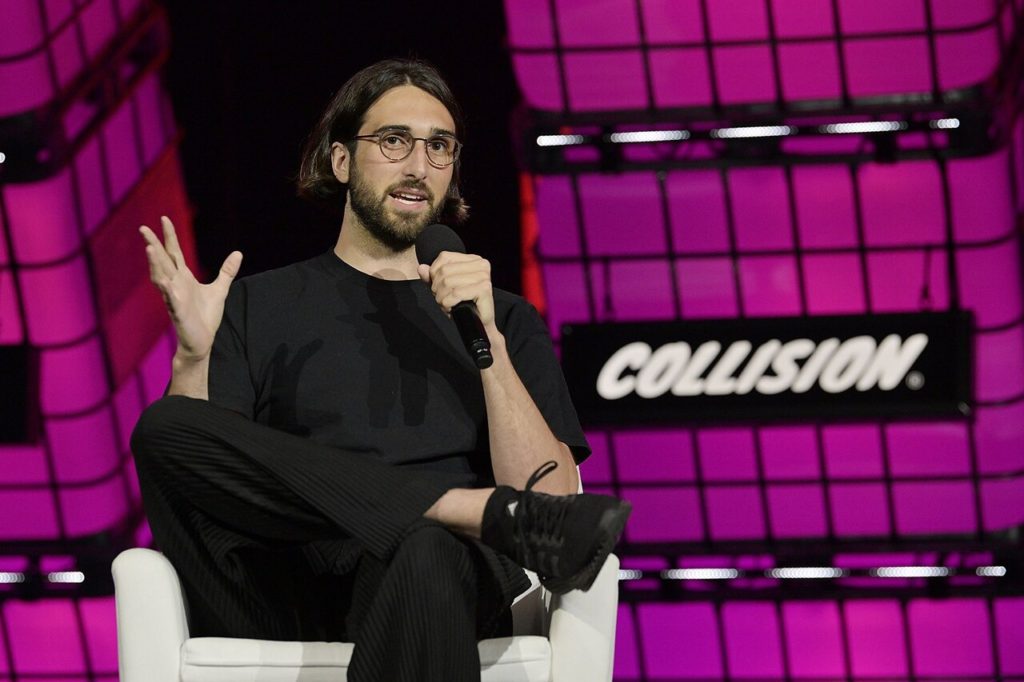
Aidan Gomez of Cohere has advocated for continual learning models that evolve over time. Unlike today’s AI models – which are like smartphones stuck forever on their factory OS – these systems would constantly update without full retraining.
This means your digital assistant won’t keep suggesting winter coats in July or forget that new restaurant you mentioned twice. For businesses, it means AI that grows smarter with every interaction, addressing those frustrating knowledge cutoffs.
7. Demis Hassabis on the Timeline for AGI

Demis Hassabis has offered a measured AGI timeline of 3-5 years while highlighting significant hurdles. Current AI still struggles with reasoning and planning – fundamental components of intelligence.
Despite impressive advances, AI falters in complex scenarios. That fancy chatbot might write decent poetry, but it still can’t reliably plan your vacation without booking you into a hotel that closed three years ago. True AGI requires more than just faster chips.
6. Eric Schmidt’s Bold Predictions

Eric Schmidt boldly predicted in April 2025 that “the vast majority of programmers will be replaced by AI within one year.” This provocative timeline suggests a fundamental shift in software development is imminent.
For coders, this doesn’t mean unemployment but evolution. The future programmer might look more like a conductor – directing AI to implement their vision while focusing on creativity and problem-solving rather than syntax debugging at 2 AM.
5. Jensen Huang and Nvidia Rubin
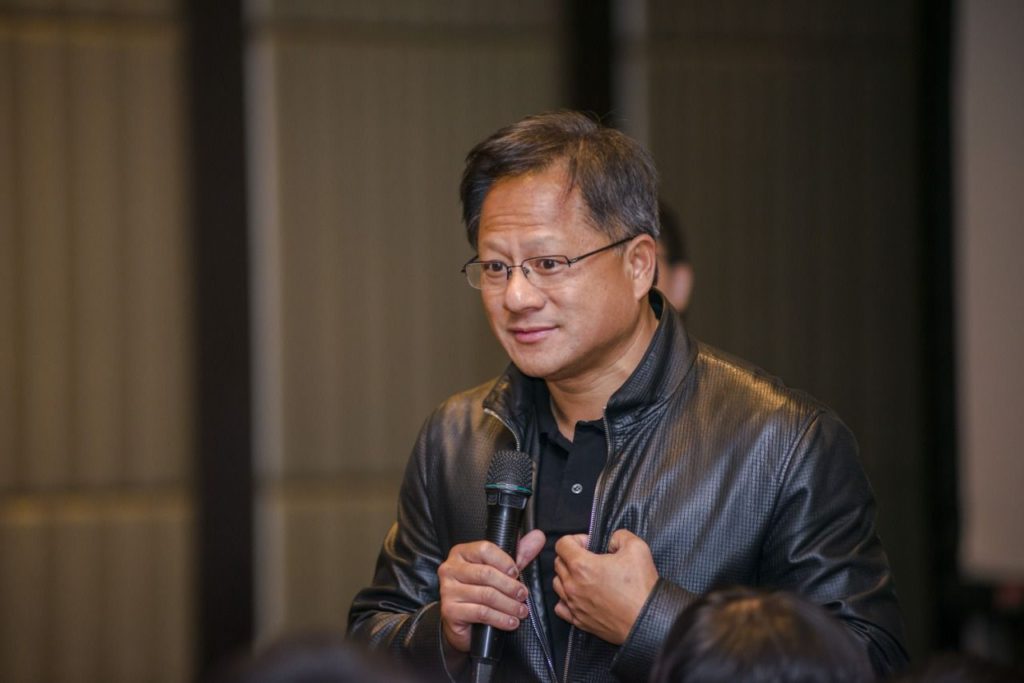
Nvidia has code-named upcoming GPUs “Rubin” (due in 2026) and CPUs “Vera,” signaling the company’s continued push into advanced AI hardware. While precise launch timing remains unconfirmed, the development represents Nvidia’s next major step in AI acceleration.
These specialized chips will transform creative and scientific workflows, making previously impossible tasks routine. For creators, this means tools that don’t just execute commands but actively enhance your vision, like having a professional co-pilot for your creative process.
Nvidia’s next-gen hardware could enable workflows and innovations that once seemed impossible, joining a wave of groundbreaking technologies set to shape the next decade.
4. Emad Mostaque on Energy Efficiency
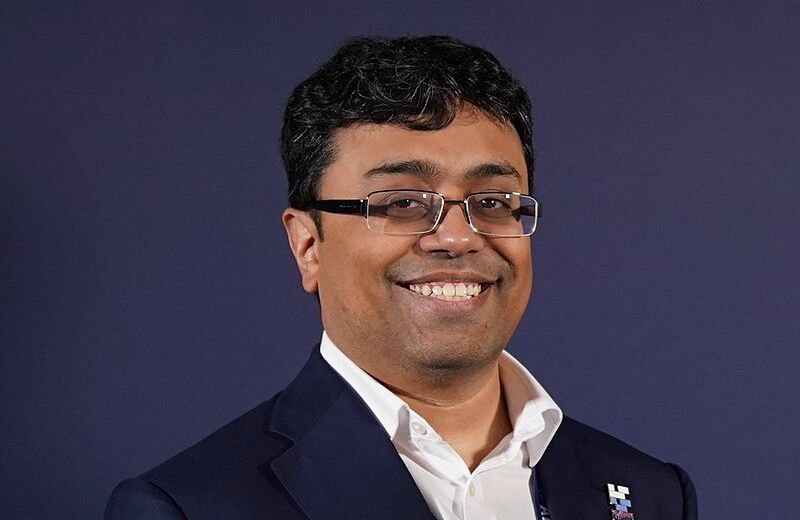
Energy efficiency remains a critical challenge for AI advancement. The industry is working toward models that can run on minimal power – potentially even solar energy – making advanced AI accessible on everyday devices at a fraction of current requirements.
For you, this means powerful assistants that won’t drain your phone battery in twenty minutes. These developments could slash AI’s carbon footprint while putting cutting-edge capabilities in more hands, not just those with industrial-grade cooling systems.
3. Sam Altman’s Predictions
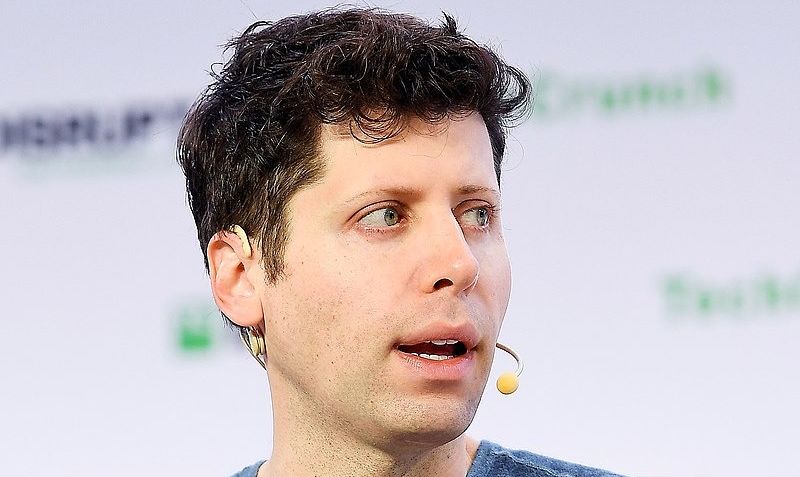
AI assistants are evolving from generic tools into personalized support systems. The trend points toward virtual assistants that adapt specifically to your needs, offering custom-tailored experiences rather than generic responses.
Imagine an AI that knows you hate morning meetings and automatically reschedules them for afternoon slots, or one that learns your programming style and suggests solutions that actually match your codebase. The future isn’t generic AI – it’s tools that feel built just for you.
2. Demis Hassabis on Gemini and Multimodal AI
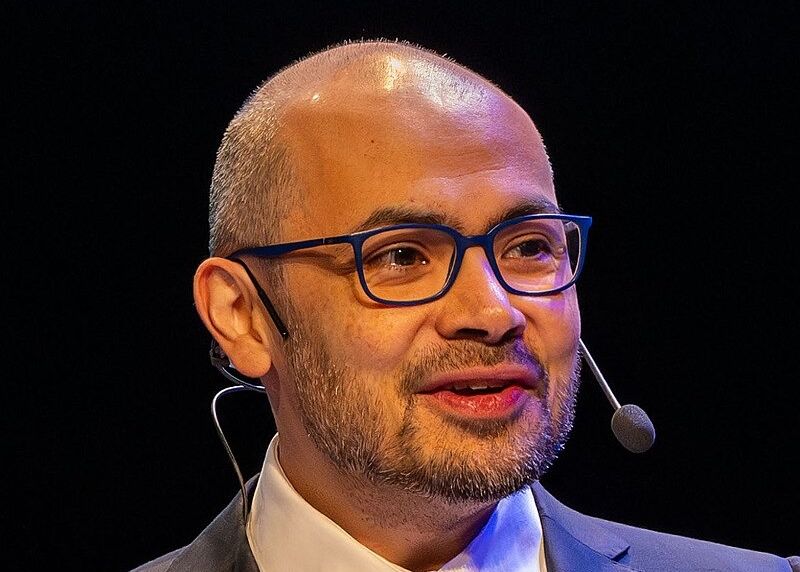
Multimodal AI systems that process text, images, audio, and video simultaneously represent the next frontier. These technologies aim to build machines with more comprehensive understanding of everything they encounter.
For consumers, this means devices that truly get what’s happening – recognizing that your dog destroyed your homework rather than just seeing “a canine and paper.” The computational demands raise concerns about access, making equitable distribution crucial.
1. Mark Zuckerberg on AI Coding at Meta
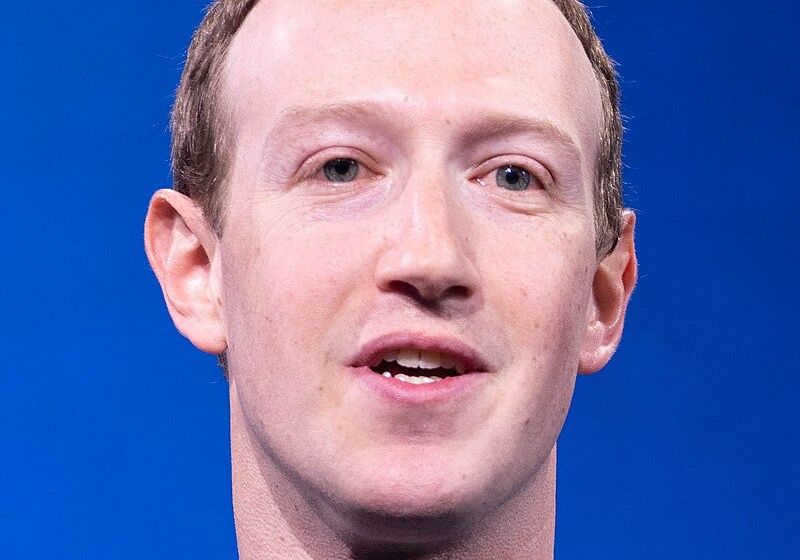
Major tech companies are expanding AI’s role in coding, with tools that automate routine tasks while freeing developers for creative work that machines still can’t match.
As these systems mature, they could transform development practices across the industry. The days of writing boilerplate code are numbered – like lamplighters after electricity, future programmers will focus on design while AI handles the tedious parts.


